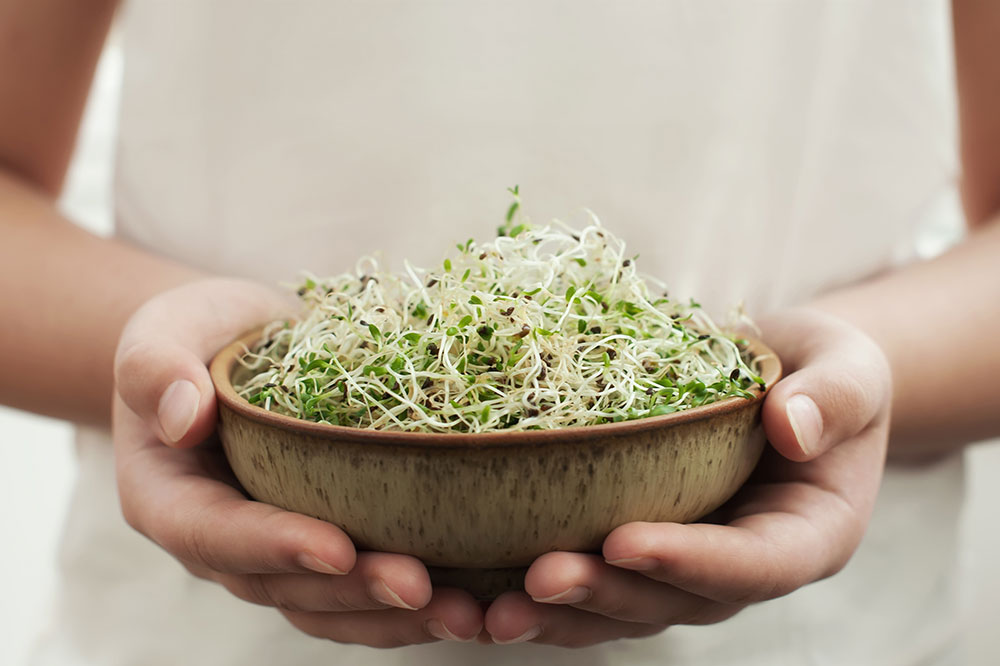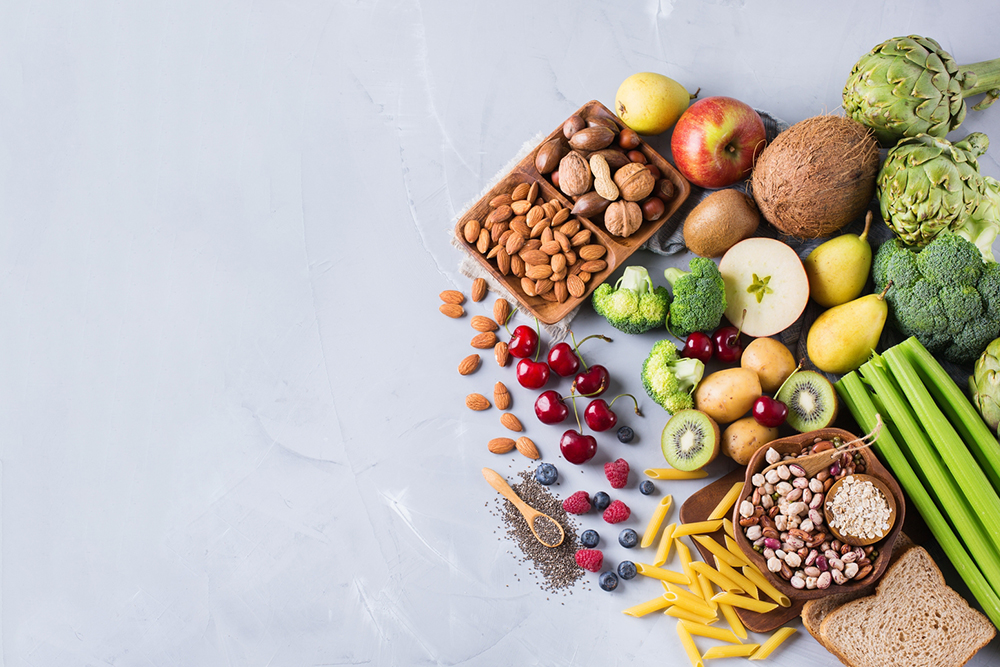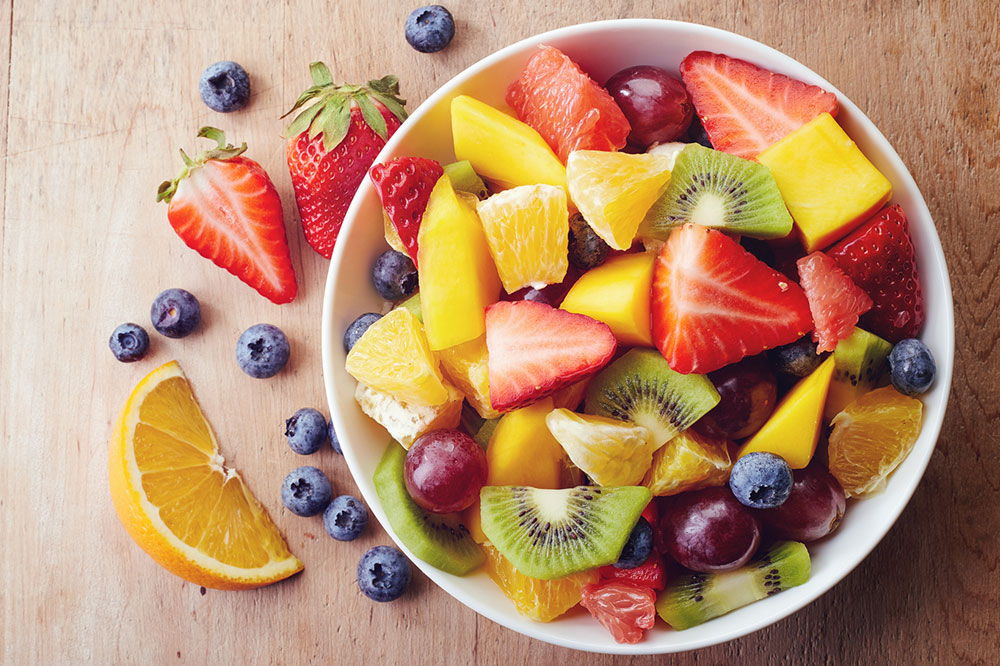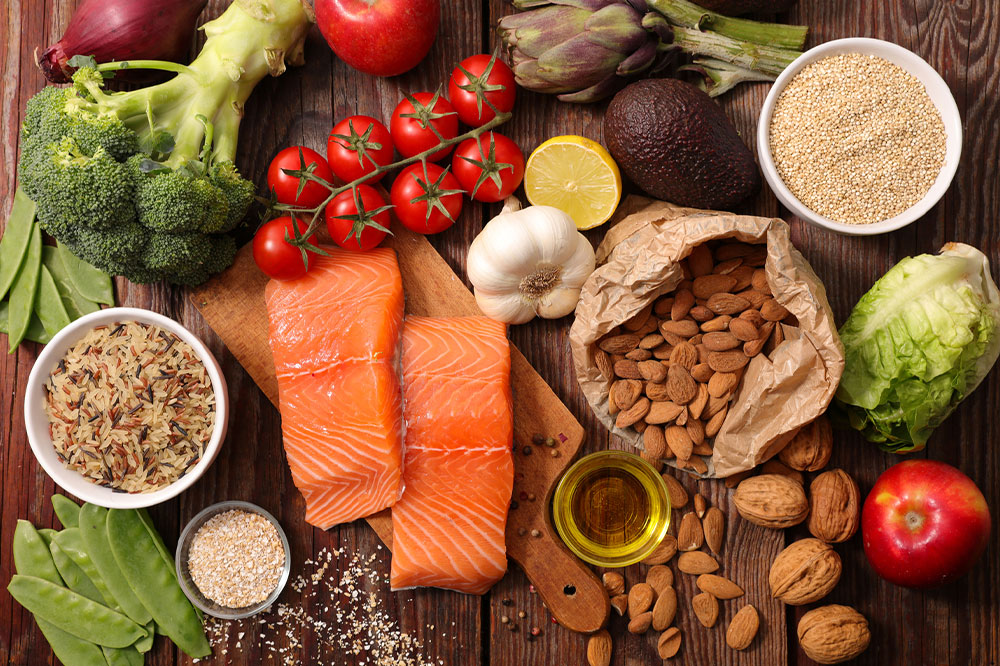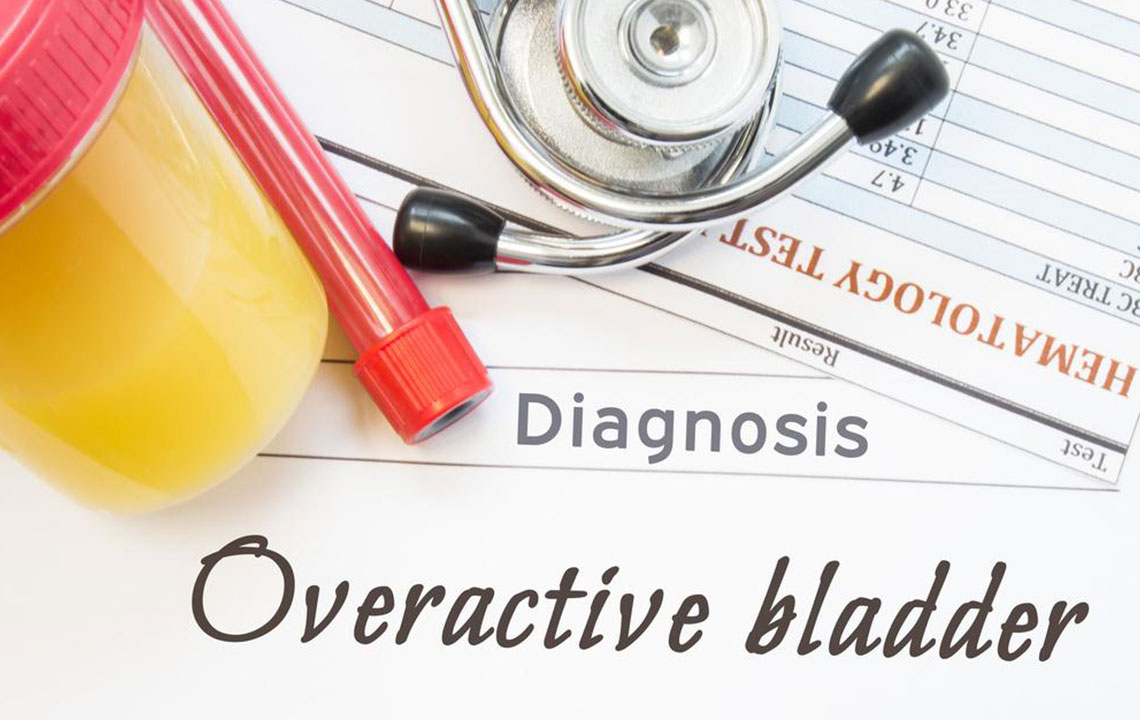Foods To Eat And Avoid For Bladder Management
Commonly observed in older adults and seniors, urinary incontinence is often the side-effect of an underlying health condition. It can be either temporary or permanent, depending on the cause. Eating certain foods, taking specific medications, or even a vitamin C overdose can cause temporary incontinence. In some cases, the weakening of damage of bladder muscles or even overactive bladder muscles can lead to the unintentional leakage of urine. While treatments, medications, and incontinence supplies are effective in dealing with incontinence, diet also plays an important role.
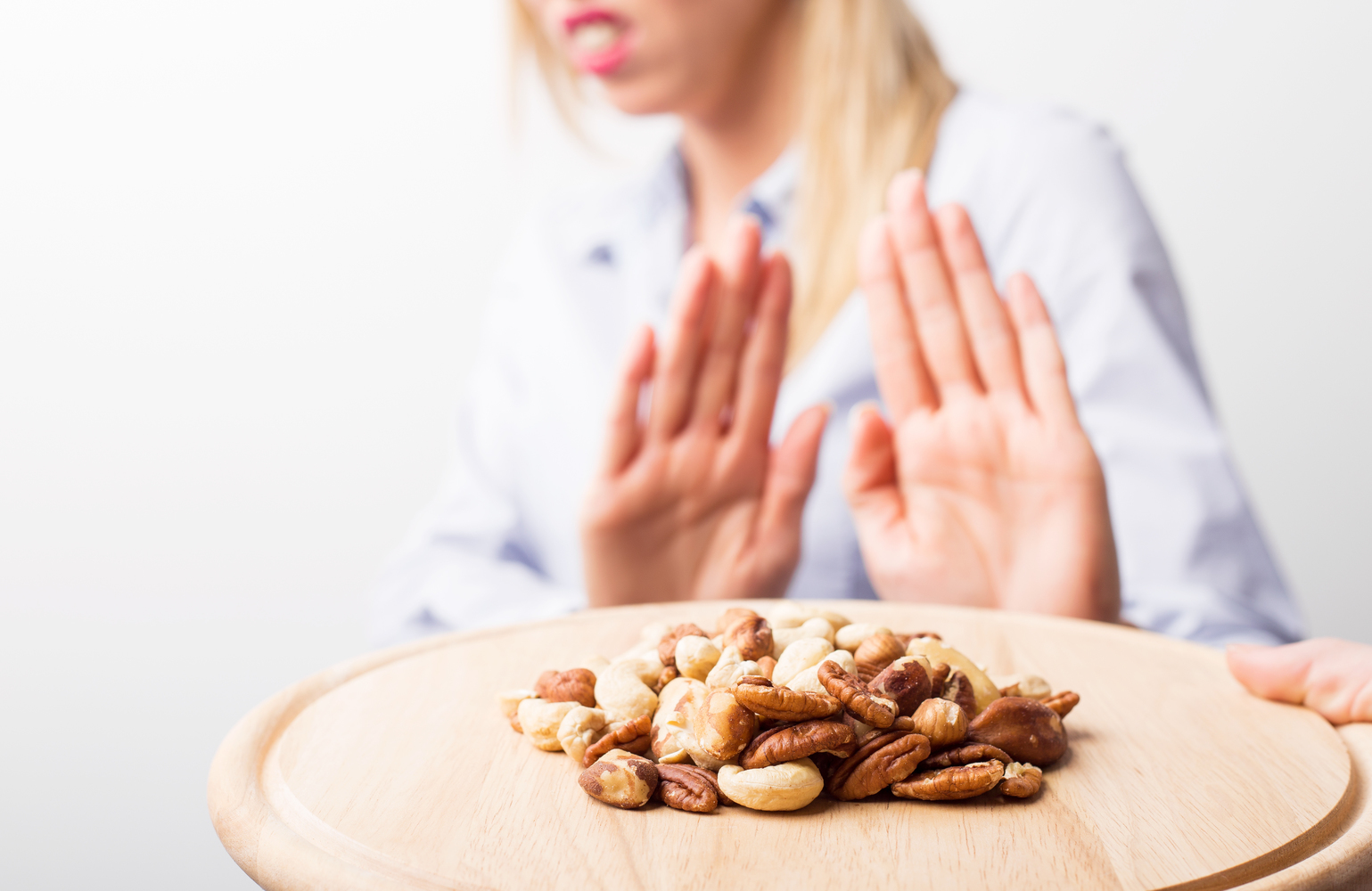
What to eat
Although there is no specific urinary incontinence diet, modifying one’s meals can be effective in managing incontinence. Eating certain foods can improve the health of the bladder and urinary system by strengthening the urinary and bladder muscles. These foods can curb incontinence symptoms to a great extent:
- Berries
Blackberries, blueberries, raspberries, and strawberries, when eaten on a regular basis, are effective in alleviating bladder swelling and easing the symptoms of adult incontinence. These berries can be easily added to one’s diet. Use them in salads, smoothies, desserts, and breakfast cereals to get the nutritious benefits. One of the healthiest foods for the prostate as well as the bladder system, berries are rich in vitamin C. Additionally, all types of berries are rich sources of antioxidants. Moreover, berries are often recommended to help in the treatment of urinary tract infection. - Cruciferous veggies
The benefits of these vegetables can be availed by adding them to salads, soups, stews, and stir-fried meals. Eating cooked cabbage, brussels sprouts, kale, broccoli, and cauliflower can help in the management of incontinence. These cruciferous vegetables are effective in dealing with benign prostate enlargement and rich sources of vitamin C and antioxidants. - Nuts
Munching on a few of nuts can be really beneficial for the health of the prostate, bladder, and the urinary tract. Moreover, nuts are good for one’s overall health as well. One of the most nutritious foods, nuts are packed with antioxidants. Moreover, nuts such as brazil nuts contain selenium. Pistachios are highly beneficial in the lowering of cholesterol levels. Furthermore, almonds are effective in weight loss. Adding pistachios, brazil buts, almonds, pecans, and so on nuts to salads and breakfast cereals is a good way to include them in one’s diet for the management of incontinence symptoms. - Protein-rich foods
Lean meats. Chicken and fish are loaded with healthy protein. These foods are not only easily digested but are also highly effective in dealing with incontinence. Moreover, other protein-rich foods such as tofu and eggs also have many health benefits including boosting the health of the bladder and urinary system. These foods ease incontinence symptoms and at the same time, keep energy levels up consistently. - Whole grains
In many cases, constipation has been a common cause of incontinence. It often cause flareup of the symptoms of incontinence. Foods rich in fiber are useful in regulating the bowel movements. This keeps constipation as well as incontinence under control. Whole grains such as lentils, rye, millets, bran, buckwheat, quinoa, barley, and oats are loaded with fiber. Pasta, bread, crackers, and breakfast cereals are some of the common whole-grain based foods one can include in one’s diet. Those who are allergic to gluten, foods made from grains such as oats, buckwheat, millets, and brown rice are healthy options.
What to avoid
The consumption of some foods can cause bladder spasms, urinary incontinence, and a frequent urge for urination. These can make the bladder irritable and aggravate the urinary incontinence symptoms. Avoiding these foods and beverages will help prevent any flareups.
- Alcohol
Alcoholic beverages cause inflammation and irritation of the bladder. It aggravates the symptoms of an overactive bladder due to incontinence. Alcohol often has a diuretic effect on the bladder as well as the digestive system. It also increases the production of urine in the body and triggers incontinence symptoms. - Caffeinated beverages
Just like alcohol, caffeinated beverages also have a diuretic effect on the body. Beverages such as tea, coffee, and hot chocolate have high amounts of caffeine. Even decaf versions of these drinks have a small amount of caffeine. Also, chocolate milk (all types) contain some amounts of caffeine. Due to the consumption of caffeine, the lining of the bladder flares up and causes irritation and incontinence. - Citrusy fruits
Regularly eating citrus fruits such as oranges, limes, lemons, and clementines fulfill the daily dietary requirement of vitamin C. However, these fruits are not advisable for those who have urinary incontinence. This is because these citrus fruits have high levels of acid. This can cause irritation of the bladder and worsen incontinence symptoms. - Hot and spicy foods
Curry, cayenne pepper, and chili are not advisable to those with incontinence. Eating foods with a lot of spice and heat can trigger an overactive bladder and cause flareups leading to incontinence. Spices with a lot of heat can irritate and flare of the lining of the bladder. Spicy foods can also cause irritation in the urinary tract system. Avoid adding hot spices to meals on a regular basis prevents the incontinence symptoms from being aggravated. - Sugary foods
It can be hard to avoid sugar cravings. However, eating foods rich in sugar can trigger urinary incontinence. Foods containing honey, fructose, and corn syrup can aggravate the symptoms of incontinence. Artificial sweeteners can also trigger bladder irritation.
